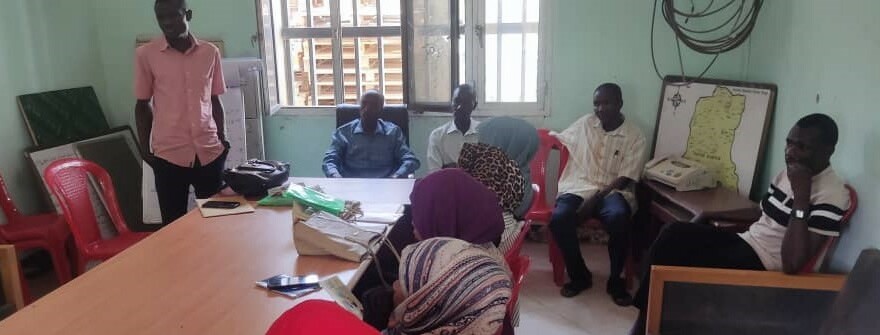A workshop focusing on psychological first aid for mental health professionals concluded on Sunday evening in Nyala, the capital of South Darfur state. Organized by the “Alight” organization in collaboration with the Ministry of Health in the state, and with support from the Office for Humanitarian Aid, the workshop aimed to benefit 15 mental health professionals and spanned five days.
Speaking to Radio Tamazuj, Abbas Hassan Shams al-Din, the Director-General of the Ministry of Health in the state, emphasized the necessity of psychological support for health staff to cope with the effects of war. He highlighted the visible psychological impact on medical personnel in hospitals across Nyala.
Shams al-Din directed the Mental Health Department to deploy the trained personnel, equipped with both practical skills and theoretical knowledge, to various neighbourhoods, centres, and associations in the state. This move aims to provide psychological treatment services to the entire community.
In addressing the workshop participants, he also shed light on the challenges faced, including the destruction and looting of institutions and facilities crucial for providing services. Shams al-Din appealed for assistance from various entities, emphasizing the importance of organizational support in implementing the ministry’s plans effectively.
In his remarks, Mubarak Eissa Wadi, representing the Alight organization, praised the exceptional nature of the workshop for training mental health professionals, particularly given the challenging circumstances faced by the state. He commended the diversity of scientific material provided by the facilitators on psychological treatment.
“We are fully committed to supporting health activities in the state,” Wadi affirmed. “However, it is crucial for the health department sections to identify their specific needs to deliver psychological treatment services to the beneficiaries effectively.”
Mohammed Abdullah, the workshop facilitator, highlighted that the trainees received comprehensive training in psychological support techniques, initial psychological first aid, referral systems, and an understanding of mental illnesses and their societal impact.
Furthermore, Abdullah noted that the workshop addressed psychological traumas, acknowledging the current period marked by significant conflicts and psychological traumas. He expressed hope that the trainees would disseminate their newly acquired knowledge within the community.




